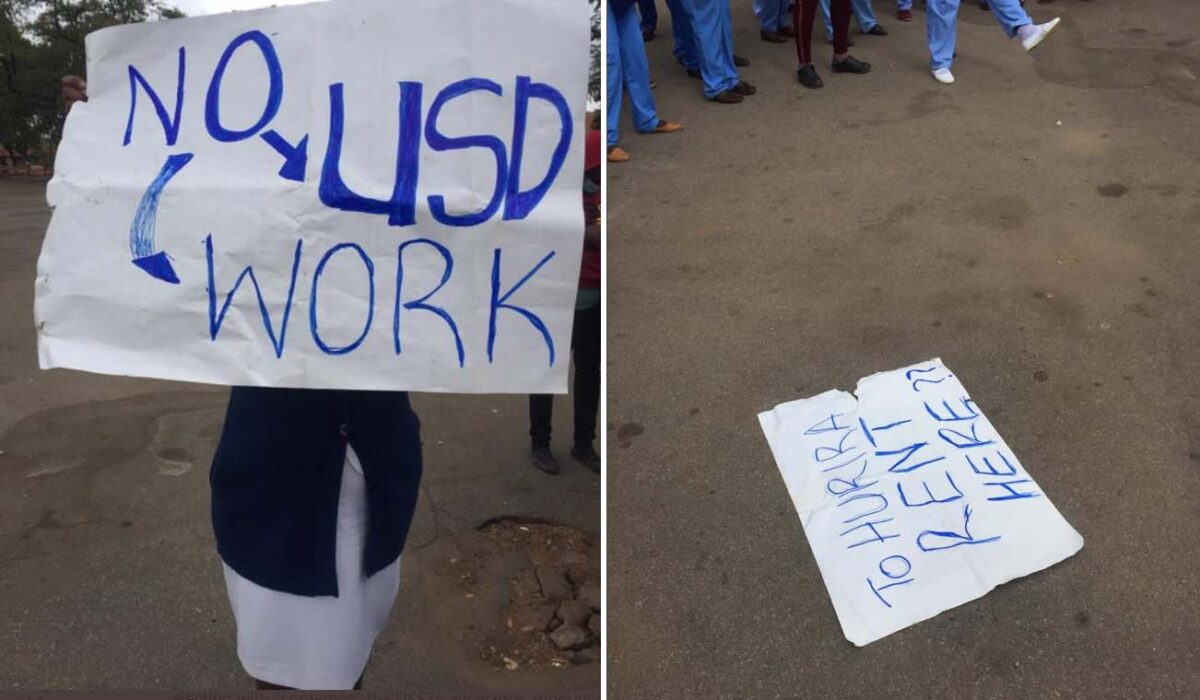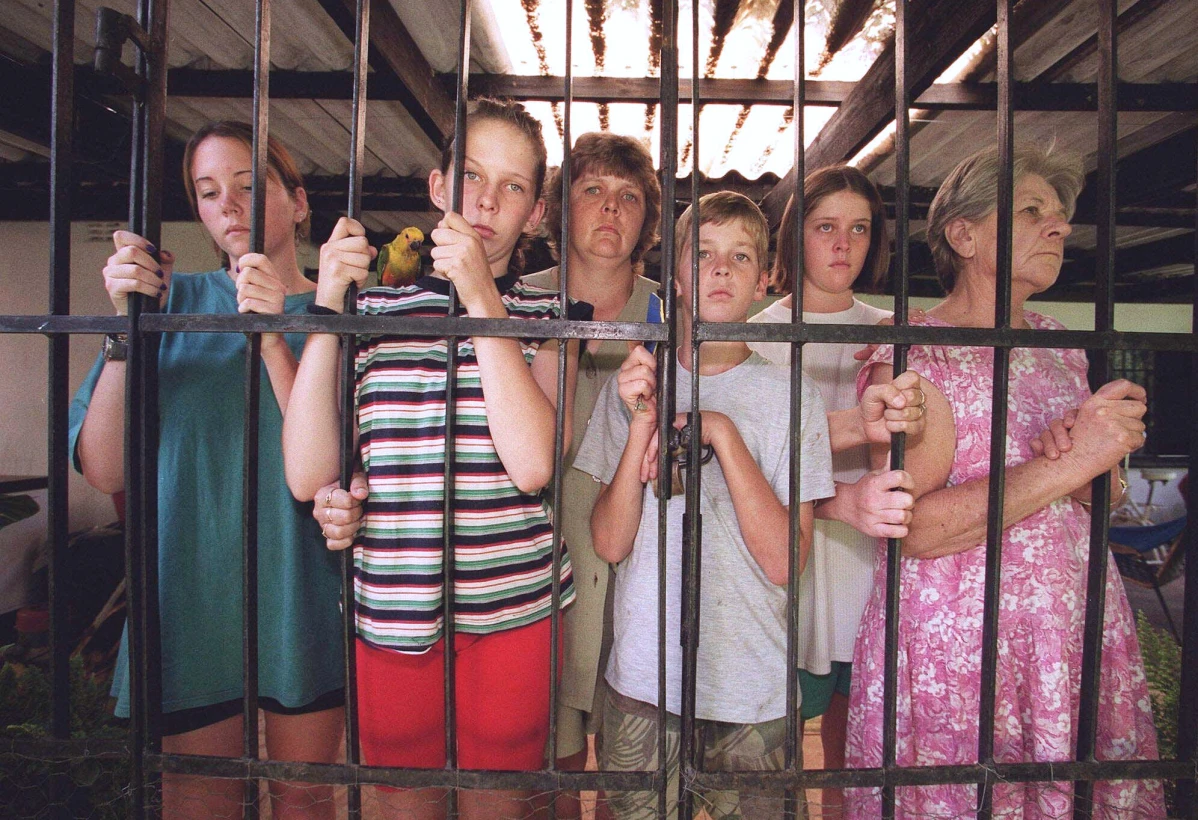HARARE – The government on Saturday made a last-ditch effort to stave-off strikes by its workers by announcing a 100 percent raise in their pay, which unions dismissed as too little.
Nurses, senior doctors and radiographers vowed to press on with their planned strike starting Monday, and grumbling among teachers’ unions is growing.
In an “open letter to the public”, unions representing nurses, senior doctors and radiographers said they had taken a decision to go on strike.
“It is not a decision that was taken lightly,” they said, “we are fully cognisant of the human costs related to any action of this kind but the conditions of service, specifically the remuneration of healthcare workers, is presently so poor that most healthcare workers can no longer afford the service they provide, and nor are they able to look after and fend for their families.”
A meeting between public sector unions and government representatives under the National Joint Negotiating Committee ended in deadlock on Friday, before the government unilaterally announced the 100 percent increment.
Inflation jumped to 131.7 percent in May and a nurse’s monthly pay of around Z$30,000 is worth less than US$50 on the widely-used currency black market.
Public service minister Paul Mavima said the government would be implementing the pay increase from July, adding that further meetings were planned with workers.
“We realise the importance of the need for us to cushion our workers,” Mavima said. “The government team will now have to consult to see if there can be any variation to what was offered, which is the 100 percent increment. This will all be done in consideration of the capacity of treasury.”
The government last reviewed salaries in February, but the Zimbabwe dollar has lost more than 70 percent of its value on the official currency market since.
Unions fear that with inflation galloping again, by the time of the next review their salaries will be virtually worthless. They pressed the government at the meeting on Friday to pay its workers in United States dollars, with the lowest grade receiving US$540.
The government opposes the move, warning it would force the country to dollarise again when the finance ministry and central bank are trying to prop up the local currency,
Teachers’ unions have also warned that they are considering strikes as the government faces a winter of discontent from its workers.
















